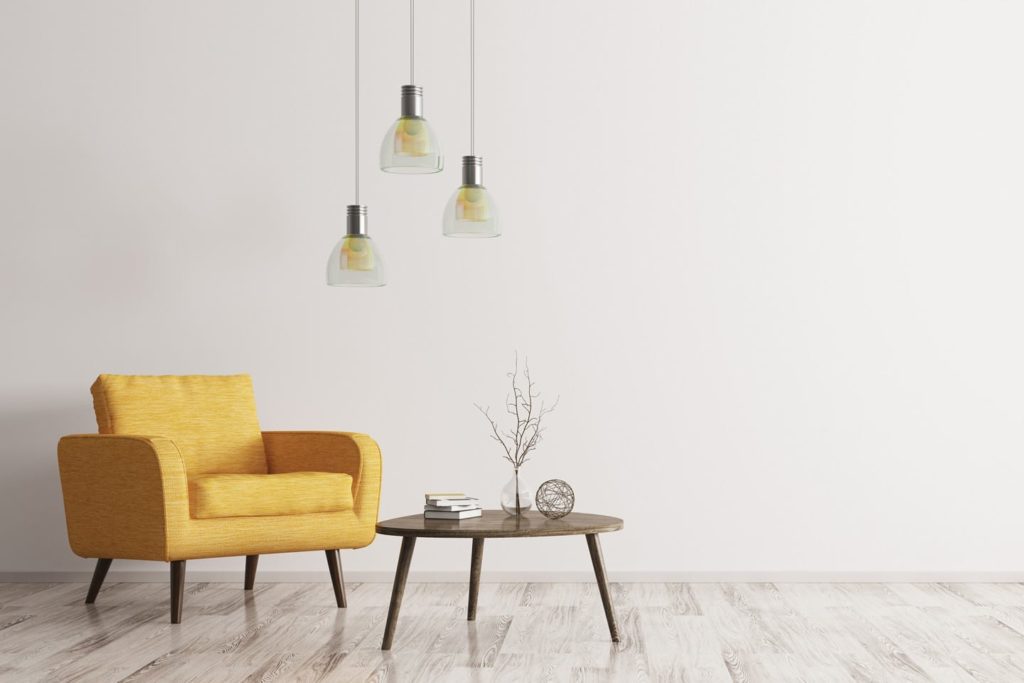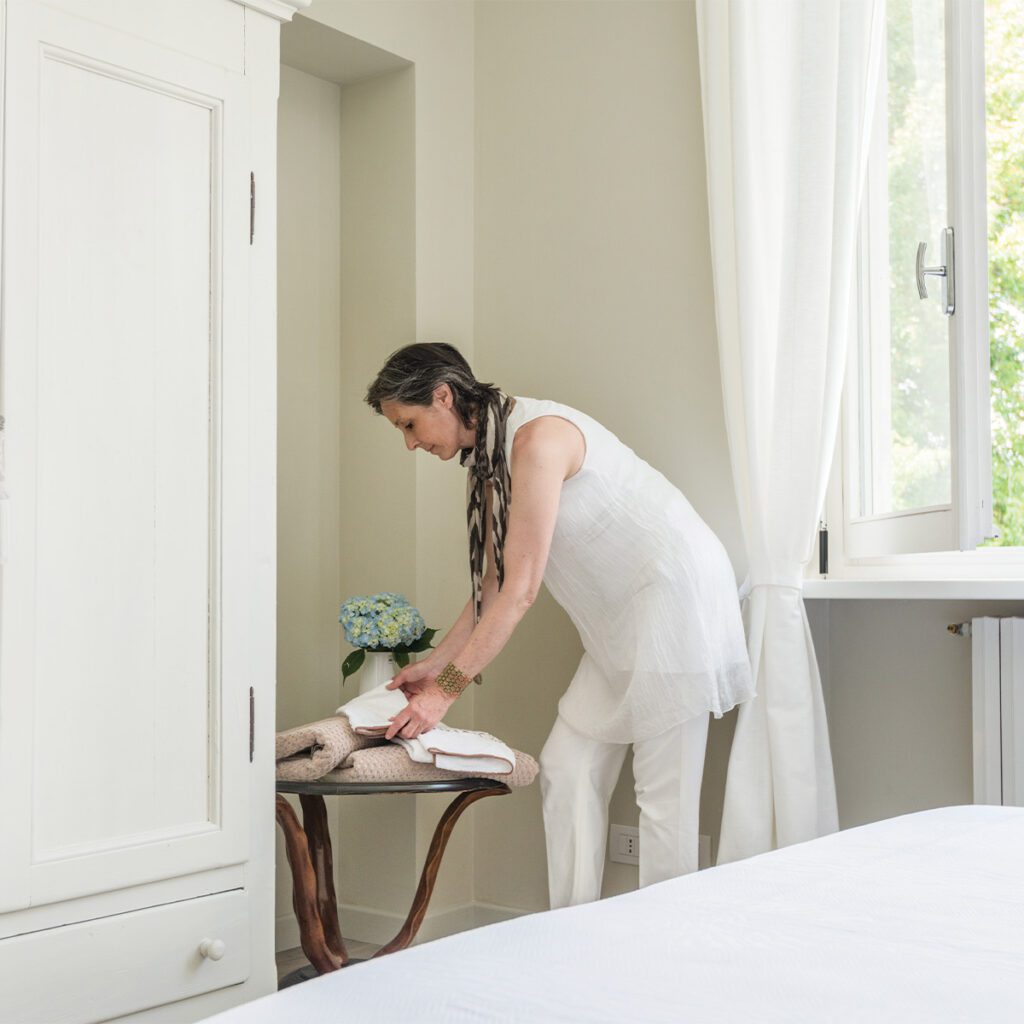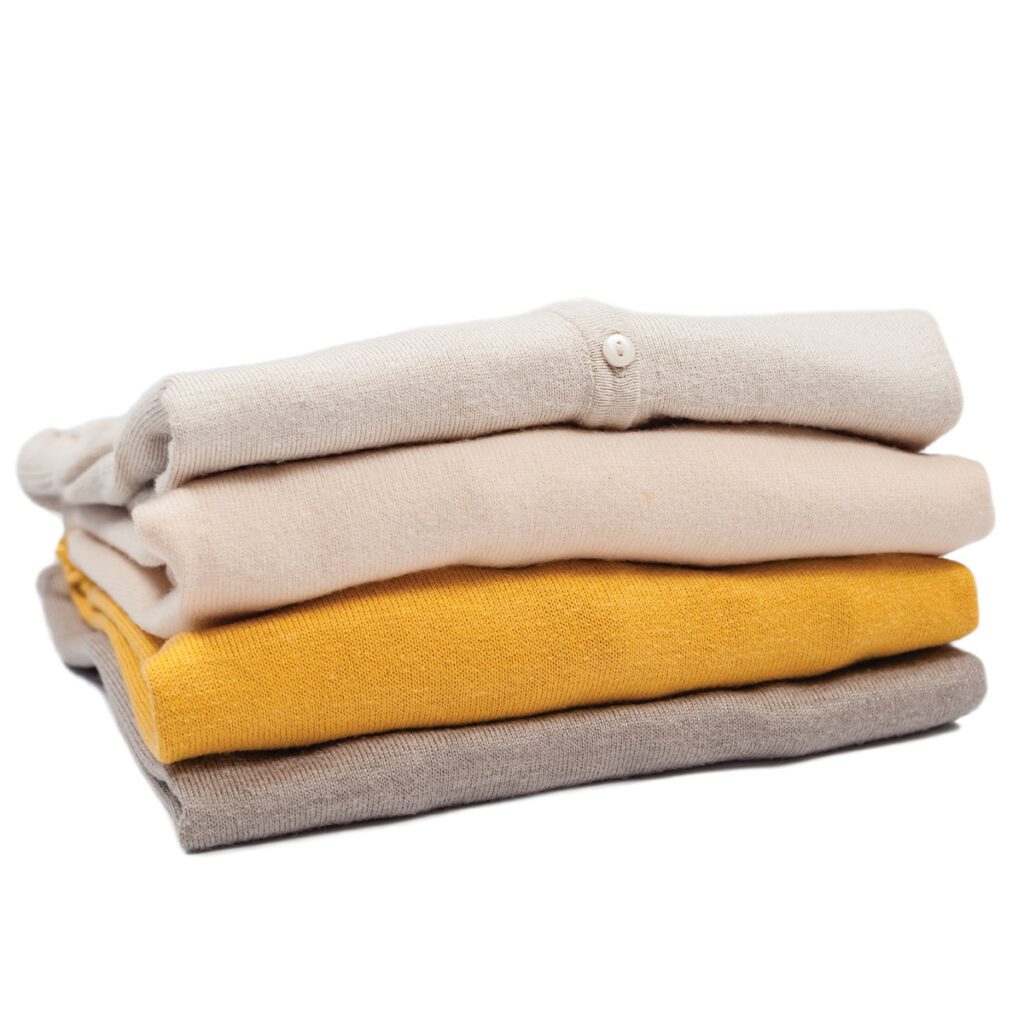8 Tips for Decluttering Your House
Here are 8 helpful tips for decluttering, organizing, and adapting your family home.

Most of us plan on staying in our homes for the long haul. We may love the neighborhood where our children grew up, or cherish memories of holidays spent in the same place. Yet, independence requires good mental and physical health – and these can suffer from a disorganized home or excess clutter.
Hoarding is an all-too-common challenge for the baby boomer generation and their parents. A cluttered space can threaten your mobility by making you more prone to falls. Hoarding can also exacerbate anxiety and depression, not to mention hinder your ability to focus.
“As we age, our cognitive processing slows down,” says Alisha Landes, executive director at The Lantern at Morning Pointe Alzheimer’s Center of Excellence. “To keep us quick-minded, structure and organization grow even more vital.”
If you can’t navigate your basement due to copious junk piles, or you have a tough time finding enough counter space to cut an apple, take heart. Experts are available to help and the New Year is the perfect time to tackle the challenge. Here are eight tips to get you started.
#1. Eliminate tripping hazards.
It may sound cliché, but when it comes to adapting your home, safety comes first. You want your home clear of tripping hazards. Begin by ensuring pathways are wide and cleared of debris. “Cluttered pathways increase risk of falls leading to broken bones and head injuries,” say Ben Hoagland, occupational therapist at Siskin Hospital for Physical Rehabilitation. “I recommend removing throw rugs and electrical cords and installing proper lighting.”
If you have a two-story home, consider moving your most-used rooms to the first level. Ideally, the most important rooms – the bedroom, the kitchen, the bathroom – should be on one floor. “Ask yourself, ‘If I were using a walker or a wheelchair, could I navigate easily through this space?’” recommends Amy Jones, physical therapist and geriatric specialist with HealthSouth Chattanooga.
#2. Designate a place for vital items.
As we get older, we tend to be on more medications and begin to rely heavily on items like glasses and hearing devices. If clutter prevents us from finding these critical items when we need them, it may increase stress, disorientation, and likelihood of falls.
“As we age, we lose visual acuity and fine motor skills. So if we lose something in the clutter, it’s harder to find it,” says Jones. “Think of picking up a pill on a clean counter versus a cluttered counter. It’s already difficult, but it’s far more so when senses are compromised.”
To improve your ability to find important items, designate an easily identified, uncluttered surface as their “home” – and don’t place them anywhere else. Consider labeling their cases or making them a bright color – anything to help you reach those items when you need them most!


#3. Forget rooms and focus on categories.
When tackling a project as large as decluttering an entire home, most of us tend to think in terms of rooms. We’ll start in our bedroom and move our way from room to room, checking them off the list as we go. The problem with this, according to organizational expert Marie Kondo, author of The Life-Changing Magic of Tidying Up: The Japanese Art of Decluttering and Organizing, is that items you neglect to address can migrate from room to room, keeping you from ever addressing them.
The solution? Kondo suggests focusing on categories instead of rooms. You can start with clothing. First, take every article of clothing out of every room and work through each piece, getting rid of anything that doesn’t bring joy into your life. Once you are done with clothes, you can move on to other categories such as books, collectibles, photos, and more.
#4. Get “marathon ready.”
Have you ever tried to run a race, take a bike ride, or spend time with grandchildren when you’re exhausted? It’s nearly impossible. Decluttering and adapting a house can be akin to running a marathon – it takes dedication and hard work. You need to be in top form, supported by proper nutrition and a night of adequate sleep.
Once you’ve achieved good self-care, get fully dressed and ready to go. “Suiting up for decluttering is critical,” advises Marla Cilley, a housekeeping expert known to her many fans as “The FlyLady.” She recommends beginning each day by getting completely dressed – even down to lace-up shoes. Cilley’s theory is that comfortable, practical clothes – including shoes – will prepare you for any challenge the day may bring. That includes tackling mountains of clutter.


#5. Think small to avoid burnout.
Take a look at all of the stuff you have in your home. Did you buy all of it within the last week? Probably not, so don’t expect to have it all clean and decluttered in a couple of days. If you work tirelessly in your home, you will likely burn out. Instead, try working in manageable chunks. “It’s best to tackle clutter in small, manageable sections,” says Hoagland.
Cilley has a simple but genius tip for accomplishing this goal: set a timer for an hour or less for one decluttering job. Work as fast as you can until the timer goes off. Then, resist the urge to keep working – let the beep dictate when you stop.
If you need extra motivation, consider recruiting someone you know will encourage you. “Enlisting help from a family member or friend can go a long way in helping you manage clutter,” Hoagland says.
#6. Ask hard questions.
You know that box of sewing supplies your grandma gave you when you turned 16? Why are you saving it? Do you cling to it because it reminds you of your grandma or because you love it? These are hard questions, but ones we must consider when decluttering. Marie Kondo advocates taking each item into your hands so your body can react to it. Ask the question, “does this spark joy?” If the answer is no, toss it.
This process will not be an easy one, but remember: happy memories are different from feelings of joy. You can still cherish the time you spent sewing with your grandma without holding on to her sewing kit. But if you’re still not ready to let it go, consider giving it to a loved one for safe keeping. “A great option is to take a picture of it and pass it on to someone who will appreciate it,” suggests Jones.
If you do decide to keep certain item for sentimental reasons, Landes recommends designating them to a specific storage area in your home. “Eliminate anything in your living areas that is just taking up space,” she says. “Your safety is the most important thing!”
#7. Follow the one-year rule.
When it comes to decluttering, it’s critical to focus on items used daily rather than what is prettiest or most expensive. For example, many people hang on to the fancy china pattern from their wedding. But you can remember your special day without hanging onto dishes you never used.
When deciding what to do with items, think back to the last time you used them. If it was more than 365 days ago, toss it. Why keep things you don’t need? Naturally, exceptions apply, but this is a good rule for when you are struggling with a particular item.
#8. Go digital.
Are filing cabinets taking up space in your office or basement? Chances are you only need enough papers to fill one small folder or box. Be sure you hold onto tax returns, wills, passports, and insurance policies. But once you’ve done this, digitize everything else.
If not having a physical document of every bill you’ve paid since 1982 scares you, it’s time to trust technology and take advantage of the age of digitization. Documents, photos, and videos can all be moved to a cloud storage, or even a flash drive the size of a stick of gum.
If you feel better putting your treasured memories in the hands of someone local, consider using Southtree. Southtree is a Chattanooga-based company that specializes in digitizing film, audio, video, and photos. The folks there can take care of your digitizing needs, and you can visit online at southtree.com.


Alisha Landes
Executive Director, The Lantern at Morning Pointe Alzheimer's Center of Excellence


Ben Hoagland
Occupational Therapist, Siskin Hospital for Physical Rehabilitation


Amy Jones
Physical Therapist and Geriatric Specialist, HealthSouth Chattanooga

